A Subba Rao

Subscribe to read full article
This section is for paid subscribers only. Our subscription is only $37/- for one full year.
You get unlimited access to all paid section and features on the website with this subscription.
Not ready for a full subscription?
You can access this article for $2 , and have it saved to your account for one year.
- Real Name: Adurthi Subba Rao
- Born: 16 December 1912 (Rajahmundry)
- Died: 01 October 1975
- Primary Cinema: Telugu
- Parents: Satten Panthulu
- Spouse: Kameshwari Subba Rao
- Children: Sai Bhaskar
Adurthi Subba Rao was born on 16 December 1912 in Rajahmundry to a financially well off family. His father, Satten Panthulu was a tehsildar in the then Madras presidency. After completing his pre-university course from P R College, Kakinada, he shifted to Bombay and enrolled in a photography course. The amateur photographer who harboured dreams of becoming a cinematographer dropped out of college and joined Bombay Laboratories as lab apprentice in the developing section. Soon after, he became the editor Dinu Narvekar’s assistant and learned the ropes of editing.
Having made the right connections, he got the opportunity to be a part of the Telugu stunt film Vanarani (released in 1946) as an assistant director to V V Ramana Rao, and continued the project even after Ramana Rao left the project halfway. In 1945, the music director L R Kelkar introduced him to Uday Shankar who chose him as an assistant director for his critically acclaimed film Kalpana (1948) at a remuneration of Rs 300 per month, which was way more than what Subba Rao expected. After this alliance, Subba Rao stayed in Madras until the release of the film. He also contributed to the editing of the film.
In 1953, he made his debut as an independent director with the Telugu film Amara Sandesam (1954). He was also credited for editing the film. The film was made under the Sahni Production banner, of which he was a partner. The success of the film earned him the favour of the industry mogul D Madhusudhan Rao of Annapurna Pictures. He signed Rao for several films, namely: Engal Veettu Mahalakshmi (1957), Thodi Kodallu (1957), Mangalya Balam (1958), Velugu Needalu (1961), Iddaru Mitralu (1961), Chaduvukunna Ammayilu (1963) and Doctor Chakravarthy (1964). Amongst these, Thodi Kodallu, Mangalya Bhalam and Dr Chakravarty were honoured with National Awards. Thodi Kodallu and Engal Veettu Mahalakshmi were the Telugu and Tamil adaptations of Sarat Chandra Chattopadhyay’s novel Nishkriti. Doctor Chakravarty was also the first film to win the Nandi Award, instituted by the Government of Andhra Pradesh in 1964. In his illustrious career, he worked on films made by several banners. His film Nammina Bantu for Sambhu Films was bestowed with the President’s Silver Medal in 1960. It was screened in San Sebastian Film Festival, going down in the history books as the first Telugu film to be screened in any foreign film festival.
His film Ellam Unakkaga (1961) was produced by C Sundaram Pillai which later led to another collaborative alliance. The duo formed Babu Movies and made the mega successful Mooga Manasulu (1964) that explored the concept of reincarnation which earned their banner the National Award for Best Feature Film in Telugu. He also made the 1961 hit Kumudham which also fetched him the Certificate of Merit. The remake of the film in Hindi called Milan (1967) led to Subbarao’s entry into Hindi films as a director and starred Sunil Dutt, Nutan and Jamuna. It also received a Tamil adaptation in Praptham (1971). The next year, in 1965, Tene Manasulu directed by him under their banner proved to a massive hit, despite the lack of stars in it the cast. Subba Rao took a chance upon newcomers as he believed that a fresh talent would not resort to overused tricks to garner the instant reaction.
The man who donned many hats – a writer, director, editor and producer- gave immense importance to the story as it is the crux of the film. According to Subba Rao, the story should resonate with people from both rural and urban areas, and of varied classes. Unusual for a filmmaker of his stature, he would go to cinema theatres and observe the audience while watching his films. The filmmaker did his homework and always delivered what the audience wanted. He was a mentor to Telugu superstar Krishna and filmmaker K Vishwanath. The latter was an associate director for Subbarao in many of the projects.
He was married to Kameshwari Subba Rao and they had a son, Sai Bhaskar. Subba Rao passed away on 1 October 1975. He left the biopic Mahakavi Kshetrayya (1976) unfinished which was completed by C S Rao.
-
Filmography (19)
SortRole
-

Jwaar Bhata 1973
-

Jeet 1972
-
Praptham 1971
-

Darpan 1970
-
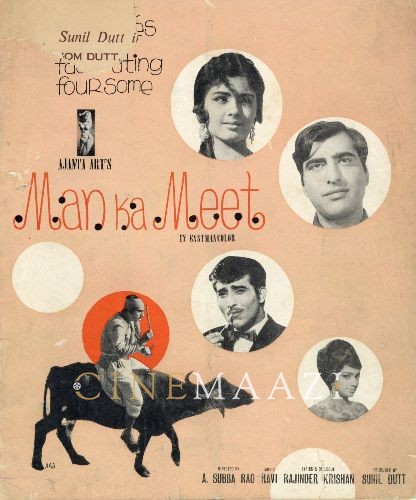
Man Ka Meet 1968
-

Milan 1967
-
Tene Manasulu 1965
-
Mooga Manasulu 1964
-
Doctor Chakravarthy 1964
-
Velugu Needalu 1961
-
Kumudam 1961
-



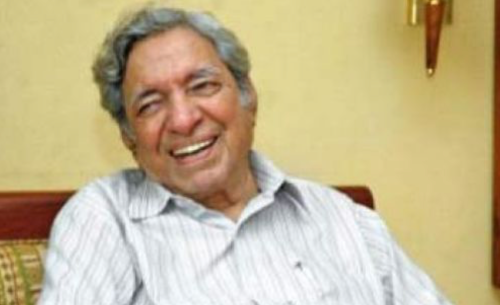
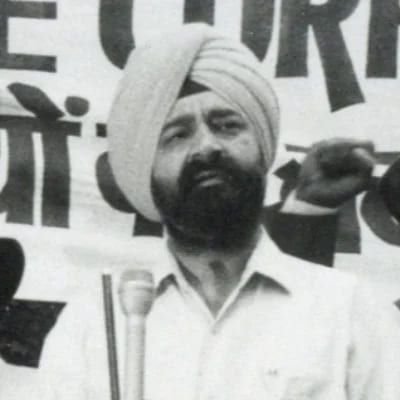
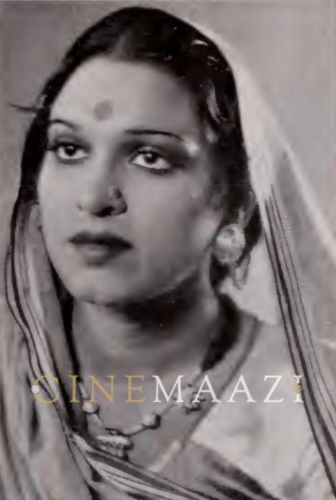


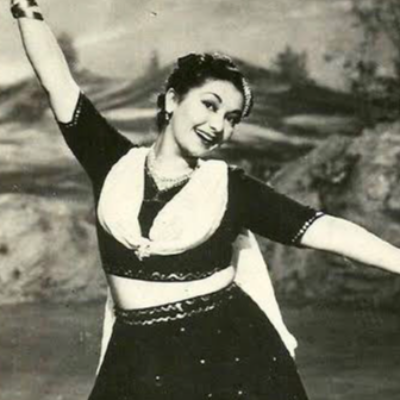

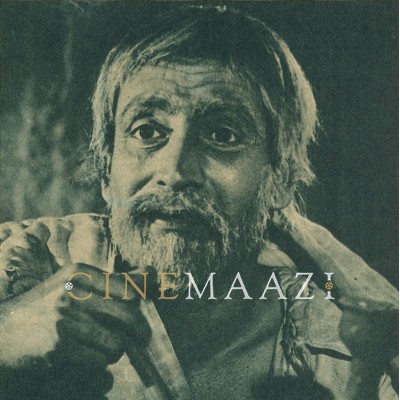

.jpg)



